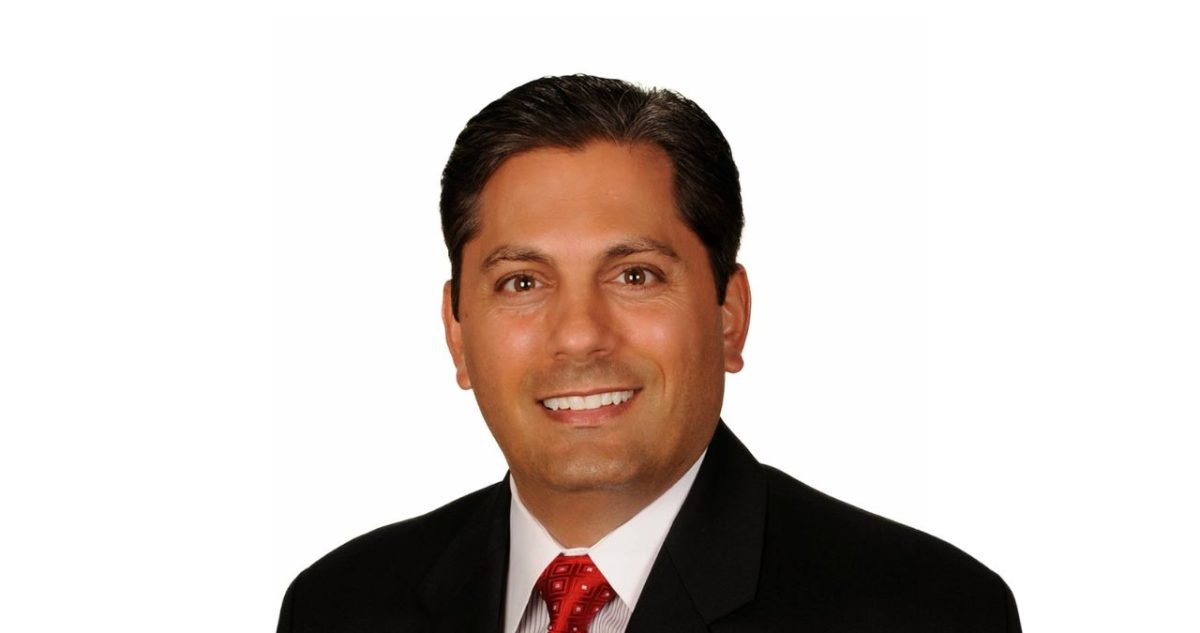DeLuca Listens to Law Enforcement and Prosecutors, Supports Needed Update to Public Safety Law

![]()
DeLuca Listens to Law Enforcement and Prosecutors, Supports Needed Update to Public Safety Law (Chicago Heights, IL) — As part of ongoing efforts to engage law enforcement and prosecutors on their public safety concerns, state Rep. Anthony DeLuca, D-Chicago Heights, backed passage of an update to the SAFE-T Act that reflects stakeholder feedback and ensures dangerous criminals are detained.
“I heard from many involved in public safety regarding their concerns with the implementation of the SAFE-T Act,” DeLuca said. “This legislation provides needed clarity to the law, and is indicative of continuing discussions to improve our public safety laws in order to curb violence. I remain appreciative and supportive of our local law enforcement, and will continue to do all that I can to make sure their voice is heard on all public safety bills in Springfield.”
DeLuca supported House Bill 1095, which incorporates hundreds of hours of negotiation and feedback from law enforcement, prosecutors, public safety advocates, survivors, and other relevant stakeholders. It addresses good-faith critiques of the SAFE-T Act and corrects misconceptions to ensure a safe and successful implementation.
Specifically, House Bill 1095 further clarifies that a person who poses a risk to public safety can be detained. This includes crimes such as arson, kidnapping, robbery and other serious offenses that have been incorrectly suggested as no longer being detainable. House Bill 1095 underscores that non-probationable felonies, forcible felonies, hate crimes and other serious crimes – such as aggravated DUI causing great bodily harm – are detainable by a judge.
To address incorrect concerns that all violent offenders will be released Jan. 1, 2023, House Bill 1095 lays out a clear transition process for courts and law enforcement to avoid misinterpretation of the law:
- Anyone charged on or after Jan. 1 will be entered into the new system;
- Anyone charged before Jan. 1 stays in the current system, but the state or defendant have the option to move the case to the new system;
- The motion schedule will prioritize low level non-violent offenders;
- Those defendants who are charged with low level non-violent crimes must receive their offense hearings within seven days;
- Those who are requesting to be entered into the new system but could be considered a flight risk will have an offense hearing within 60 days and those who are considered a threat to public safety will have a hearing within 90 days. A judge will have discretion on whether these individuals will be released pre-trial.
House Bill 1095 further clarifies and makes consistent all language pertaining to what prosecutors must show to detain an individual, which is that the person poses a real and present threat to any person or the community, based on specific articulable facts of the case.
Of note, House Bill 1095 addresses concerns about the enforcement of trespassing to ensure that a trespasser can be cited – and then arrested – if they refuse to leave.
Language is also updated to clarify what is considered as “willful flight.” It defines “willful flight” as intentionally avoiding prosecution and notes that patterns of nonappearance or a lack of steps to address nonappearance can be considered as factors in determining willful flight.
Updated language clarifies court authority in setting conditions for electronic monitoring, and removes language that would have made escape chargeable only after 48 hours.
Additionally, the measure creates a state grant program for increasing public defenders to handle an expected increase in caseloads, further clarifies remote hearing rules, further explains bench warrant processes and allows for good reason delays to be excluded from a speedy trial clock. It also allows for the state and defendant to appeal all court decisions related to pretrial release and clarifies that the public defender handling the detention hearing also handles the appeal.
DeLuca Listens to Law Enforcement and Prosecutors, Supports Needed Update to Public Safety Law








Responses